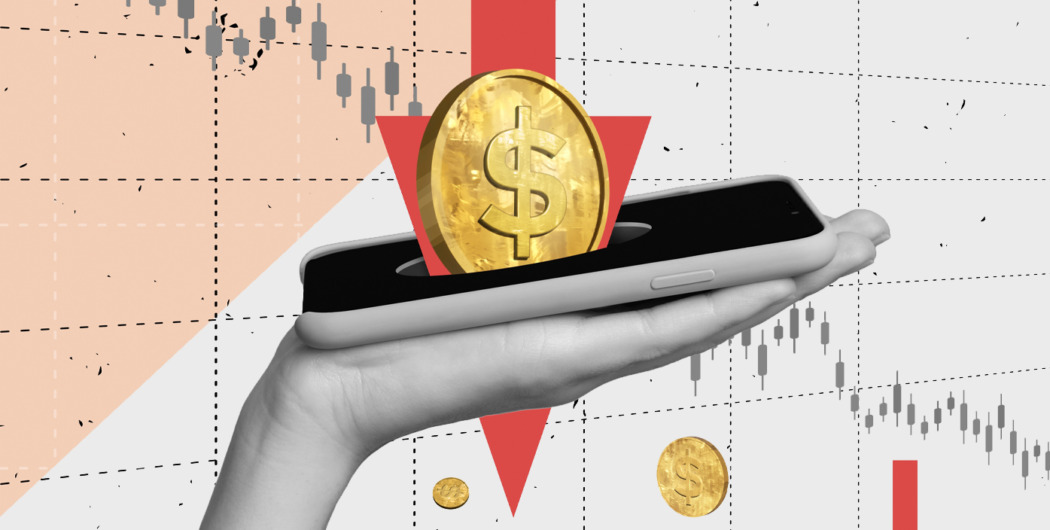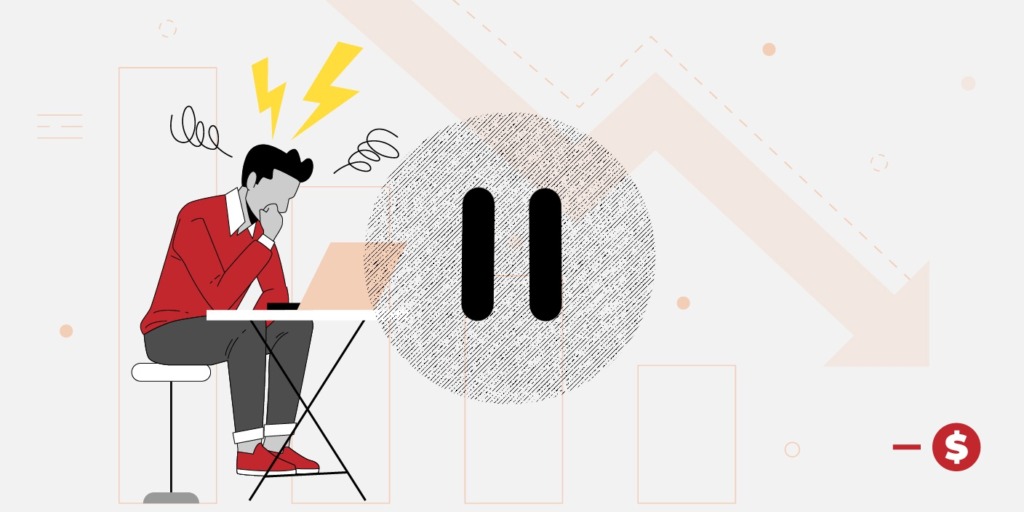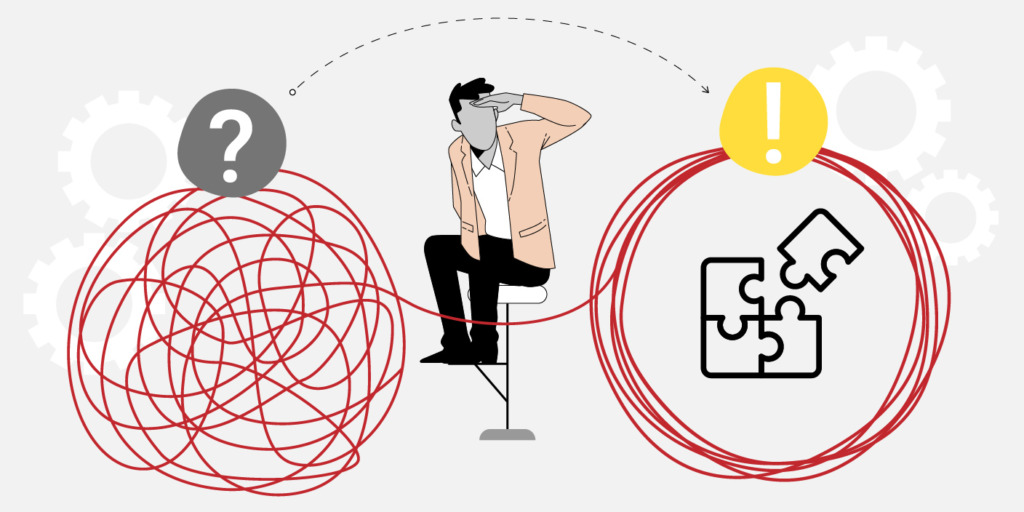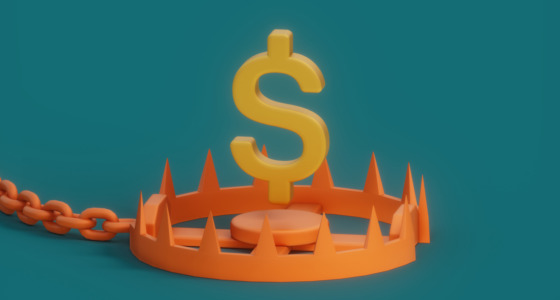

Everyone deals with failures differently. On one end of the spectrum, there is Eduard Nodilo, Eastern Europe’s most notorious rogue trader who lost a lot by currency speculation and kept it hidden from his clients for years.
On the other end of the spectrum, Steven Cohen suffered a nearly 15% loss a few years ago. At the time, he was managing numerous personal portfolios. Then, he transformed his fund into a family office and is already returning to the pinnacle of the hedge-fund world.
In any case, you shouldn’t feel terrible after taking a loss on a trade. What matters is your next move.
Dealing with losing and failure and picking yourself up
After losing money on a trade, you may think that you are a worse trader than you thought or hoped to be. Losing can make you feel vulnerable and out of control. Some people feel stressed out to the point of quitting.
But whatever your reaction to losing is, you’ll have to deal with it many times across your career. You can’t possibly expect to never lose. So, you’ll have to become a little wiser about the importance of losing gracefully.
Convince yourself to move forward after failure. Once you see failure as just another step towards success, you’ll be able to rise to another challenge.
What to do during a sudden rush of emotions
You may experience a rush of overwhelming emotions when faced with an intense stressor like a trading loss. However, when they push you over the edge, you can make your situation and make an even bigger loss.

Here is what you should do during an emotional meltdown:
- Step away. Get some distance from your intense emotions by physically leaving or distracting yourself.
- Breathe. Slowly breathe in through your nose, hold it for a few seconds, and release slowly through pursed lips.
- Name your emotions. Pinpoint what exactly you are feeling to remove some of that initial heat.
- Ground yourself. Name five things you see around you, four things you can touch, three things you can hear, two things you can smell, and one thing you can taste.
- Listen to your body. Get yourself something to eat and drink, lie down, put on something warm, etc.

Lessons you can learn in defeat
These are useful and inspiring life lessons trading losses can teach you.
1. Success is not guaranteed
You can only increase your probability of success but never guarantee it. The only data you have is historical data, and the only rulebook you have is your trading strategy. There is no magic formula or asset to bring you profit in all circumstances.
You can make the same move in the same market many times and have different results each time. Even when you do everything right, you can still fail.
2. Adapt to your circumstances
In trading, adaptability becomes necessary because the market changes every day.

Without losses, you wouldn’t be challenged and forced to step out of your comfort zone. Take this chance to foster resilience in yourself to ensure that the next time you lose, you won’t hide away. Instead, your adaptability and flexibility will help you take advantage of opportunities that failures can bring to your life.
3. It’s important to stay humble
Trading wins can make you feel invincible and even arrogant. There have been too many entrepreneurs who achieved success too easily or too often only to see their project struggle later on. Financial markets are similar—the more arrogant a trader becomes, the more likely they’ll tank their account.
Reframe losses as a reminder to stay humble, respect the craft, and understand your limits.
4. There is merit in trying
“It is better to try and fail than never to try at all.”
If you’ve failed at something, it means you summoned the courage to do something hard. Celebrate your strengths and willingness to try, even if it doesn’t work out. Use the same spirit to motivate yourself to move forward and fuel your other undertakings.
Also, past experiences strengthen your future attempts and maximize your chances of successful attempts.
5. Failure is not final
You won’t have to walk around with a big L stamped in the middle of your forehead because of a few losses. Take accountability, take note of your mistakes, and move on! Do yourself a favor and free up space to take your next steps.

Why you have to lose before you can win
No matter what assets you trade, what strategies you follow, or what precautions you take, losses will find most traders. In fact, it’s even better if they do.
You shouldn’t overestimate your trading ability because of small wins early on. Learn how to deal with losses while you’re trading on a small scale, and more importantly, review what went wrong to prevent recurring losses. If you look at losses this way, going through a challenging time doesn’t sound as bad.
Don’t let your trading losses catch you off guard and knock you off your feet.









